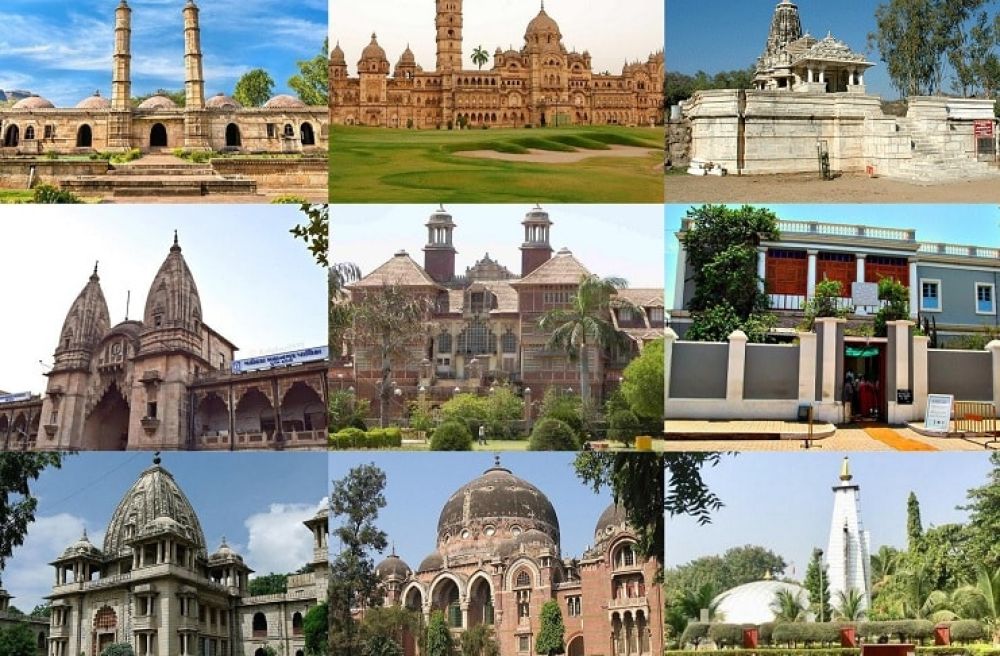

Vadodara, also known as Baroda, is one of the most prominent cities in Gujarat, India. With its rich historical legacy, cultural vibrance, and architectural grandeur, the city has been a focal point for tourists for several decades. The tourism history of Vadodara is closely tied to the city's heritage as the capital of the former princely state of the Gaekwads.
The foundations of Vadodara's tourism were laid during the reign of the royal Gaekwad family. The rulers were patrons of art and architecture, which saw the city flourishing with palatial residences, public buildings, and gardens. The splendid Laxmi Vilas Palace, constructed in 1890 by Maharaja Sayajirao Gaekwad III, is a marvelous attraction that has been drawing visitors for over a century. The city's historical monuments connect tourists with the regal past, making it a fascinating destination for those interested in India’s royal heritage.
Following India's independence in 1947, Vadodara saw a gradual shift. The establishment of educational institutions like the Maharaja Sayajirao University, which is among the premier universities in India, led to an influx of students and academicians, adding a youthful and vibrant atmosphere to the city. This also marked the beginning of a new era of tourism, focused on educational and cultural exchanges.
Religious and cultural tourism has been a significant contributor to Vadodara's tourism industry. Celebrations like the Navratri Festival, which is famous for its Garba dance, attract visitors from across the globe. The city is also home to important religious sites such as the EME Temple and the Kirti Mandir, which have their own historical and cultural significance.
Eco-tourism and Sustainability: In recent years, there has been an increased focus on eco-tourism, where tourists can engage with the environment responsibly while visiting nearby sanctuaries and natural reserves.
Digital Influence: The rise of social media has dramatically influenced the tourism industry of Vadodara. Online sharing of travel experiences through platforms like Instagram has popularized lesser-known spots, giving rise to a new wave of digital tourism.
Experiential Travel: Tourists today seek more than just sightseeing; they look for authentic experiences. Vadodara's tourism industry has adapted to this trend by offering immersive experiences in local arts, crafts, and cuisine.
Heritage Walks: Heritage walks have become a popular way to explore Vadodara's rich history and architecture. These guided tours provide deep insights into the story behind each historical landmark.
As we look to the future, Vadodara's tourism continues to evolve, adapting to global trends while preserving its unique heritage and culture. New infrastructure developments, combined with a focus on promoting sustainable and experiential travel, suggest a bright future for the city's tourism industry.